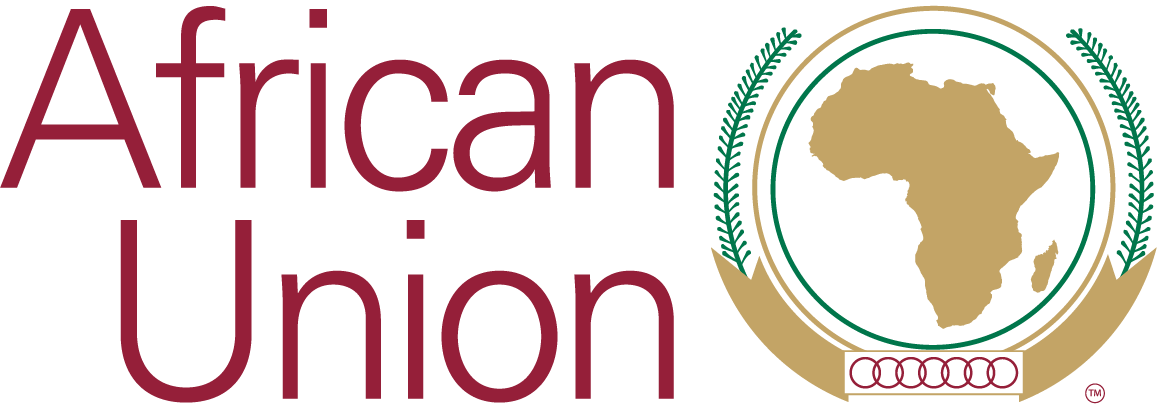The Pan-African Parliament convened its plenary session to receive the report from the Permanent Committee on Gender, Family, Youth, and People with Disabilities. Chaired by Hon. Miriam Dao Gabala, the committee's presentation focused on the Legal Framework of the Draft Model Law on Gender Equality and Equity in Africa. The session highlighted the committee's comprehensive approach to promoting gender equality, family welfare, and the rights of persons with disabilities across the continent.
Key highlights of the session included the successful implementation of the committee's budget in accordance with Article 26 of the PAP regulations, demonstrating its steadfast commitment to advancing gender equality and disability rights. The committee's initiatives culminated in regional consultations with African Union bodies, civil society, and partners, contributing to the development of the Legal Framework for the Draft Model Law on Gender Equality.
"I am pleased to announce that the protocol on the rights of persons with disabilities, initiated by the PAP, achieved operational status in March 2024 with 15 ratifications," noted Hon. Miriam Dao Gabala, emphasizing the pivotal role of parliamentary action in implementing significant protocols.
The genesis of the Model Law stemmed from a Resolution introduced by the Committee on Gender during the First Ordinary Session of the Sixth Parliament in November 2022. The Pan-African Parliament affirmed its commitment to achieving equality across Africa through this Resolution, aiming to address gender disparities and fulfill the objectives of Agenda 2063. The initial phase of the project involves establishing the logical framework of the Model Law through consultations, aimed at identifying shortcomings in the Maputo Protocol and proposing remedial measures within the model law.
The plenary session also addressed youth issues and outlined future priorities, highlighting collaborative efforts with the Youth Commission to advocate policies that foster youth development. Hon. Gabala underscored the Commission's 2024 strategic plan, emphasizing a year dedicated to examining the family's role in advancing Agenda 2033 priorities in conjunction with the Education, Justice, and Health Commissions during the current ordinary session.
The presentation concluded with an executive summary of the Draft Model Law on Gender Equality and Equity, a comprehensive 32-page document synthesizing extensive research and stakeholder consultations. "This resolution marks a significant step towards bridging gender disparities and ensuring equitable participation in civil, political, economic, social, and cultural spheres," affirmed Hon. Miriam Gabala. The proposed model law integrates international and regional commitments while aligning with national legal frameworks to promote inclusive development across Africa.
Throughout the plenary session, robust debates centered on the legislative structure and content, drawing insights from 13 legally binding international treaties and 11 non-binding international and regional treaties to shape a model law that is adaptable and responsive to diverse African contexts. Discussions also focused on the influence of the Maputo Protocol and other international frameworks on domestic legislation across African states.
The interventions from African parliamentarians regarding the Draft Model Law on Gender Equality and Equity revealed a nuanced landscape of challenges and aspirations across the continent. Notable themes included the gap between policy intentions and practical implementation, particularly regarding gender quotas in leadership roles. Several speakers highlighted slow progress and significant obstacles in achieving gender parity, often citing constitutional mandates that encounter resistance in real-world applications. This gap underscores the necessity for robust civic education campaigns to cultivate societal acceptance and political will for effective gender equality measures.
Another significant aspect was the regional variation in success and commitment to gender equality. While some countries were commended for proactive policies and supportive societal structures, others faced ongoing challenges. This disparity underscores the need for tailored approaches that address specific regional challenges while drawing lessons from successful models within Africa.
Additionally, discussions touched on the intersectionality of gender equality issues with disabilities and cultural norms. Parliamentarians emphasized gaps in the draft law's provisions concerning persons with disabilities and albinism, advocating for more inclusive language and specific legal protections. There was also a strong sentiment towards preserving African cultural values, particularly regarding family structures and traditional norms, amidst concerns about Western influences. These perspectives underscored a broader debate within African legislative bodies about balancing global human rights standards with local cultural contexts in advancing gender equality agendas.
The draft will undergo final amendments based on parliamentary interventions before its scheduled adoption during the plenary session on July 5, 2024.








